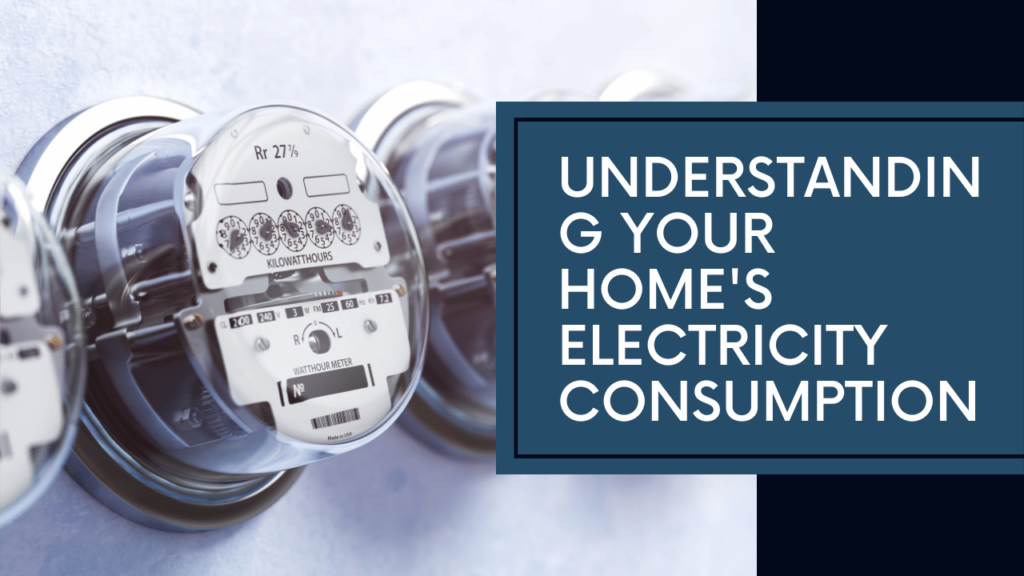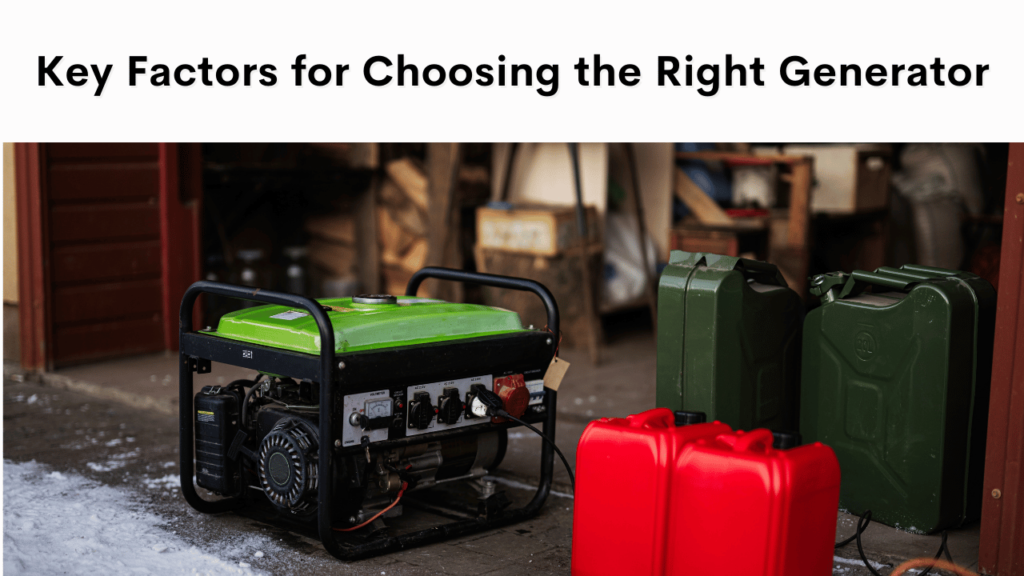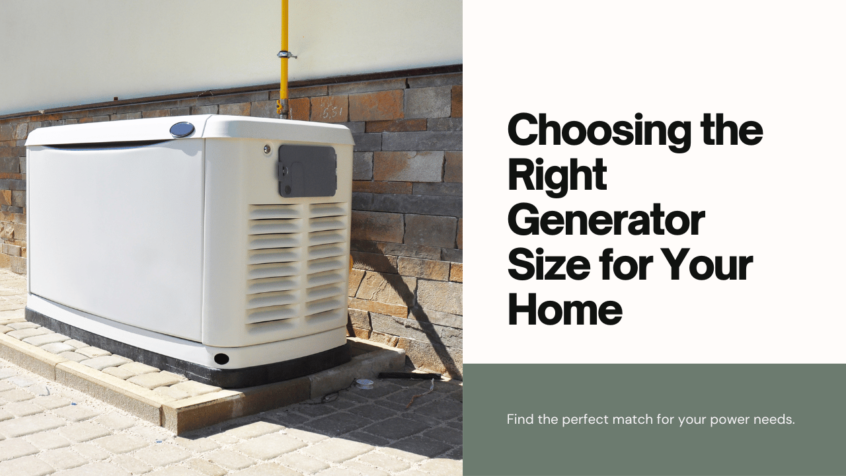It is essential to understand the power requirements that one has before deciding on a home generator. Without the proper power requirements, you may either get a generator that is not suitable for your needs or get a generator that is too big for you and leaves you with wasted money. It helps identify the power needs and guarantees the availability of a backup power source that will be used to run your critical appliances in case of a power failure.
The following are some of the factors that govern your power needs. The size of the house, the number of appliances and electronics used, and the way of life all determine the amount of power required. Furthermore, the weather in which you live may also affect your power consumption as well as the weather conditions may be extreme and consume more energy to make your house comfortable. With all these factors at your disposal, you can easily calculate the energy your home consumes and choose the right size of the generator to buy.
How Much Electricity Does Your Home Use?
The first step in determining your home’s power usage is to list all of the appliances and electronics within your house that you would like to be able to power during a blackout. This includes refrigerators and freezers as well as medical equipment and other electronics, including computers, televisions, and light systems. After you have listed all of the appliances and electronics that you want to power, you will need to estimate the power requirements for each appliance or electronic device.

The power needed for each appliance can be determined by multiplying the wattage of the appliance by the number of hours that it will be required during a storm. Information on the amount of water the appliance uses can often be found on the label or in the owner’s manual. This is achieved by summing up the power requirement of all the appliances and the electronics in your home to get the total power consumption for your home, which helps in selecting the size of the generator needed.
Choosing the Right Generator Size
There are various generator sizes that are available from the small portable generators to the standby generators. Distinguishing these sizes is essential when choosing the best generator for your home. Small generators are relatively inexpensive and more compact compared to traditional models; they are ideal for use in the home in case of power outages and can power a few appliances. Portable generators are smaller and lighter and may be able to power your entire house for a short period of time. In comparison, standby generators are larger and more powerful and can power your home for long periods of time.
Generator Sizing Chart
| Category | Value |
| Revenue | 1,000,000 |
| Profit | 500,000 |
| Expenses | 500,000 |
A sizing chart for generators can be helpful in deciding the size of the generator that is required for a house. These charts usually give information on the power consumption of the various appliances and electronics that you may have in your home to help you come up with the total power consumption for your home. There are generator sizing charts that can be used to calculate the right size for your generator.
To understand how to use a generator sizing chart, it is essential to know how to interpret the information that is presented. It is necessary to note the wattage of each appliance and the estimated time of operation during a power cut. Also, consider any extra power requirements that you might have – for example, if you need medical equipment or heating and air conditioning systems. It is possible to read and understand the information on the chart in order to make the right choice of generator size for your home.
Factors to Be Considered When Choosing a Generator.
There are a number of environmental conditions that might affect your generator. For instance, if you live in a place where there are very high or low temperatures, your generator will have to work harder to make the temperatures in your home comfortable; hence, you will need high power. Also, if you live in a region that is prone to hurricanes or earthquakes, you may require a generator that is bigger to run your appliances for a more extended period of time.

Other factors that are considered when choosing the size of the generator include budget. Although it may be appealing to select the largest generator to cover all the power demand, this may not be the most economical choice. Asking yourself these questions will help you determine the right generator size for your needs and budget.
Consulting with a Professional for Generator Sizing Advice
There are a number of reasons why it is advisable to seek for professional help when choosing a generator. An expert can guide you on your power requirements and the size of the generator that you need to buy for your house. They can also help you identify environmental factors and budgetary constraints so that you can choose a generator that will meet your needs and be within your budget.
An expert will be able to calculate the suitable generator capacity for your house based on all the factors that will affect your power consumption. It is therefore advisable to consult a professional in order to get a backup power supply that is suitable for your needs and will ensure your safety in case of an emergency. A generator can be used for emergency situations or daily use and a professional can assist in choosing the right size of generator for a home.

